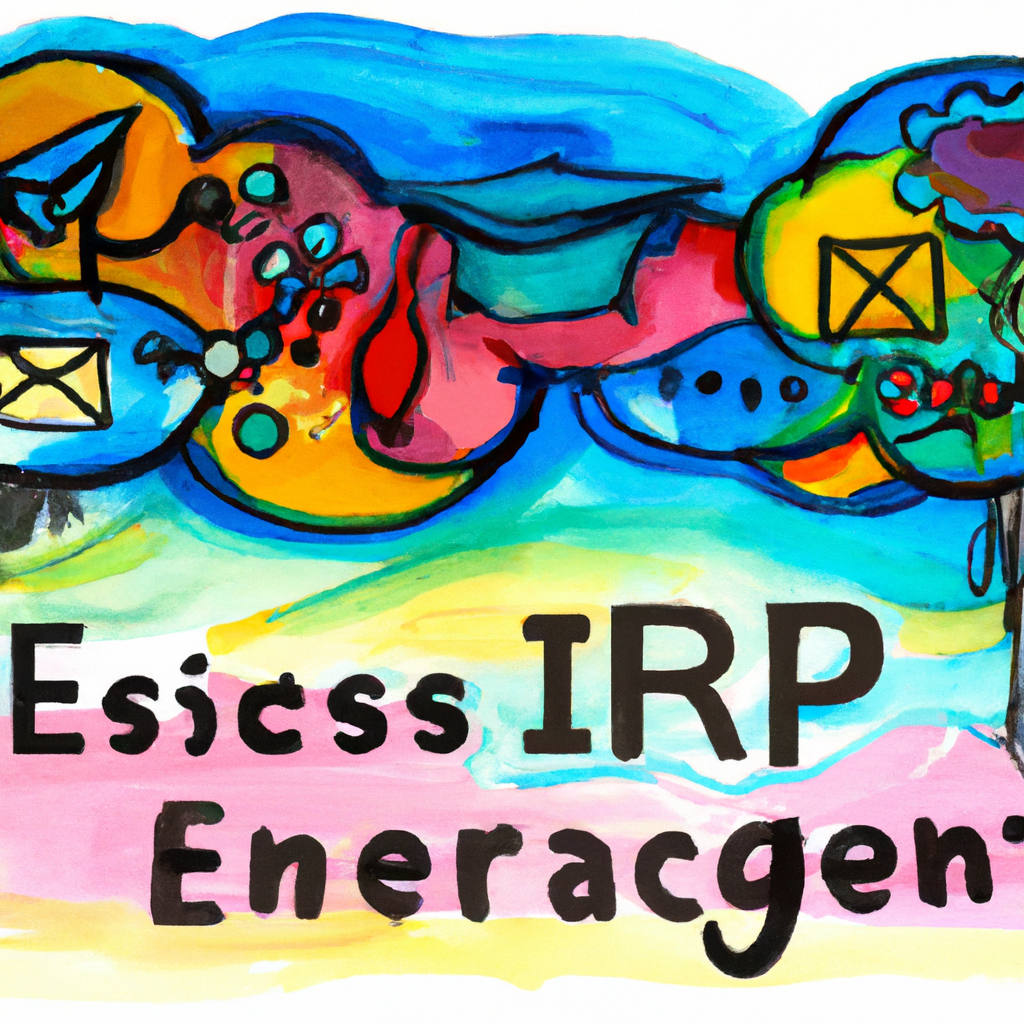The ability to make informed decisions quickly is crucial. This is where Business Intelligence (BI) and Enterprise Resource Planning (ERP) systems come into play. By integrating these two powerful tools, businesses can significantly enhance their decision-making capabilities, streamline operations, and gain a competitive edge.
Business Intelligence
Business Intelligence refers to the strategies and technologies used by enterprises for data analysis of business information. It provides historical, current, and predictive views of business operations, enabling businesses to make data-driven decisions. On the other hand, an ERP system is a business process management software that allows an organization to use a system of integrated applications to manage the business and automate many back-office functions related to technology, services, and human resources.
Ways that an ERP system can enhance Business Intelligence:
1. Improved Data Quality and Accuracy: ERP systems centralize business data and eliminate data silos, which can significantly improve data quality and accuracy. This, in turn, enhances the reliability of BI reports and analytics, leading to more accurate business insights.
2. Real-Time Data Analysis: ERP systems can provide real-time data, which is crucial for effective BI. With real-time data, businesses can make timely decisions and respond quickly to market changes. This can give them a significant competitive advantage.
3. Enhanced Decision Making: By integrating BI with ERP, businesses can gain a comprehensive view of their operations. This can help them identify trends, patterns, and anomalies in their data, leading to better decision making.
4. Increased Operational Efficiency: ERP systems automate many business processes, reducing manual work and increasing efficiency. This, combined with the insights gained from BI, can help businesses optimize their operations and improve productivity.
5. Cost Savings: By streamlining operations and improving decision making, an ERP system can help businesses reduce costs. Additionally, the improved data accuracy can help businesses avoid costly mistakes.
6. Improved Customer Service: With an integrated ERP and BI system, businesses can gain a better understanding of their customers’ needs and preferences. This can help them provide better customer service, leading to increased customer satisfaction and loyalty.
Integrating Business Intelligence with an ERP system can provide businesses with a powerful tool for improving decision making, increasing operational efficiency, and gaining a competitive edge. However, it’s important to note that the success of this integration depends on choosing the right ERP and BI solutions and implementing them effectively. Therefore, businesses should carefully evaluate their needs and options before making a decision. With the right approach, they can leverage the power of BI and ERP to drive their success.

